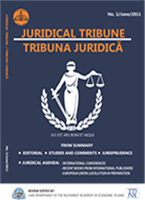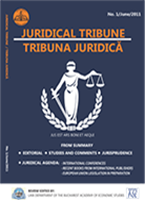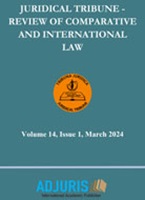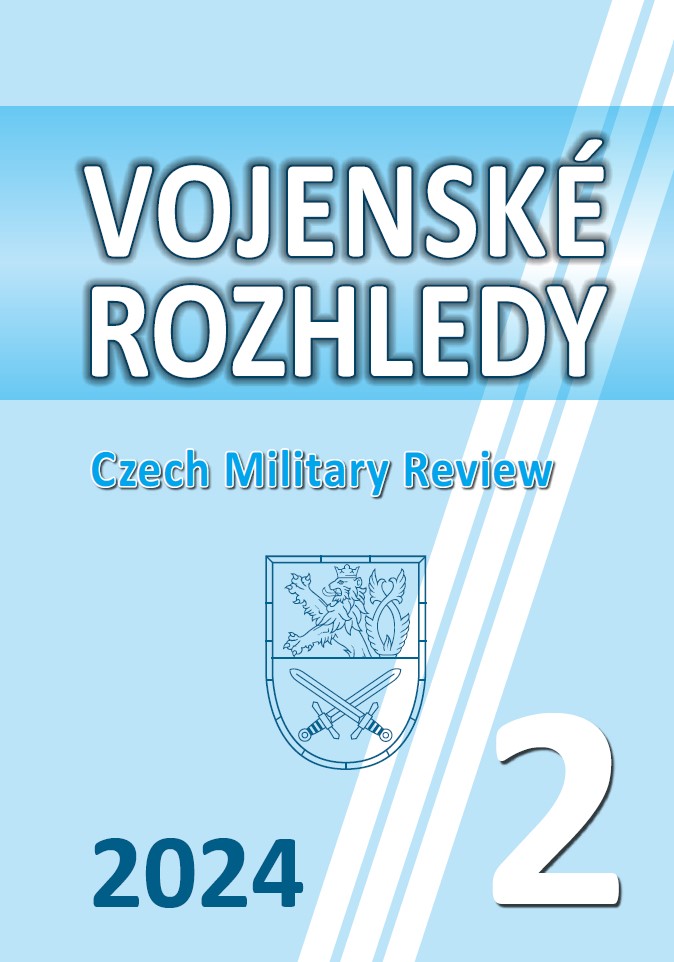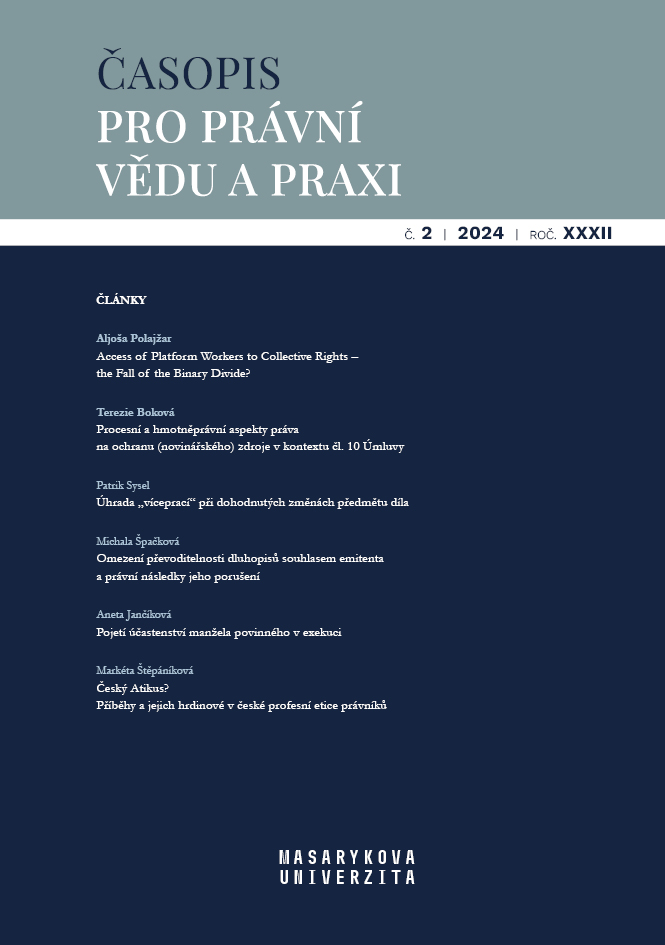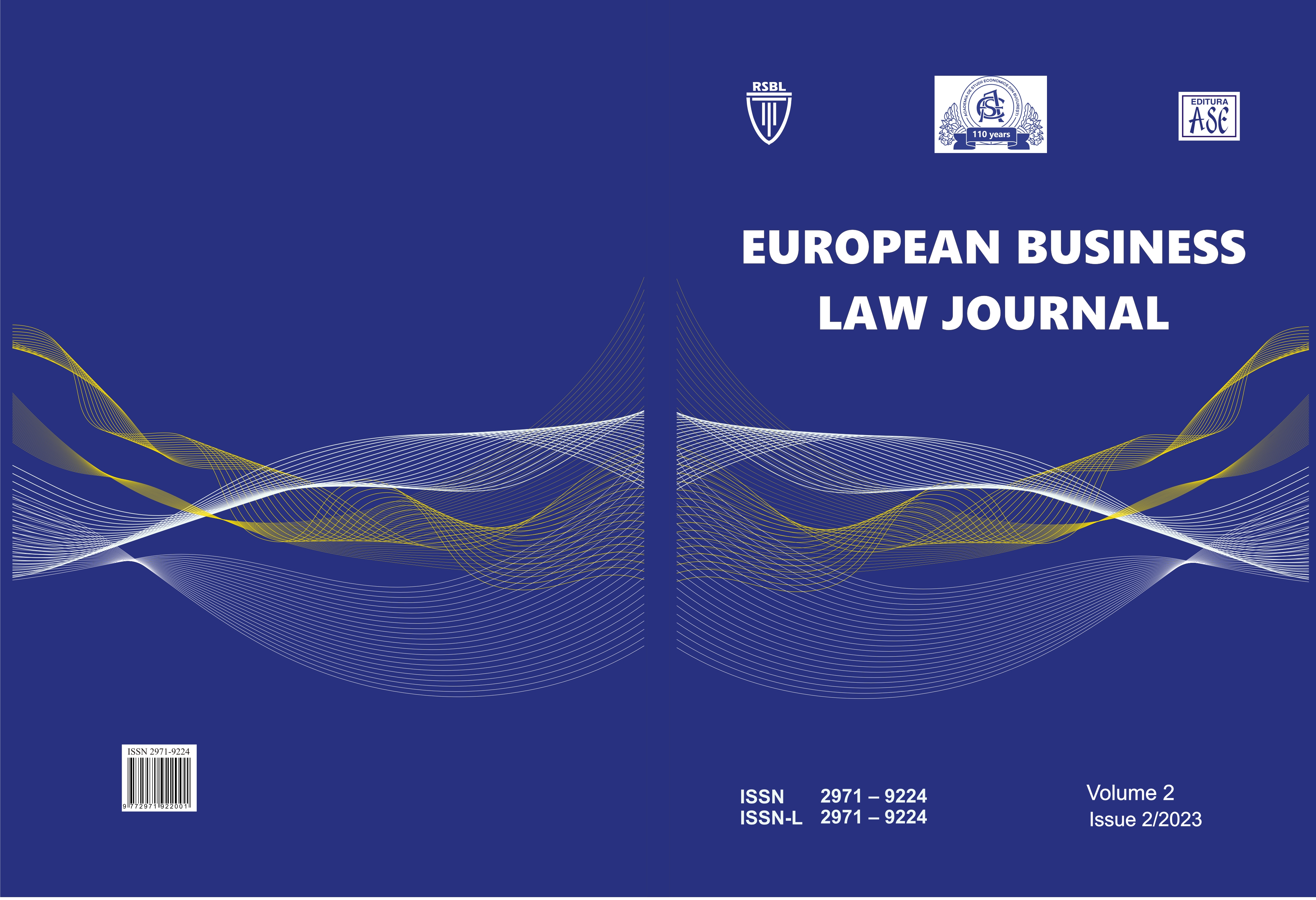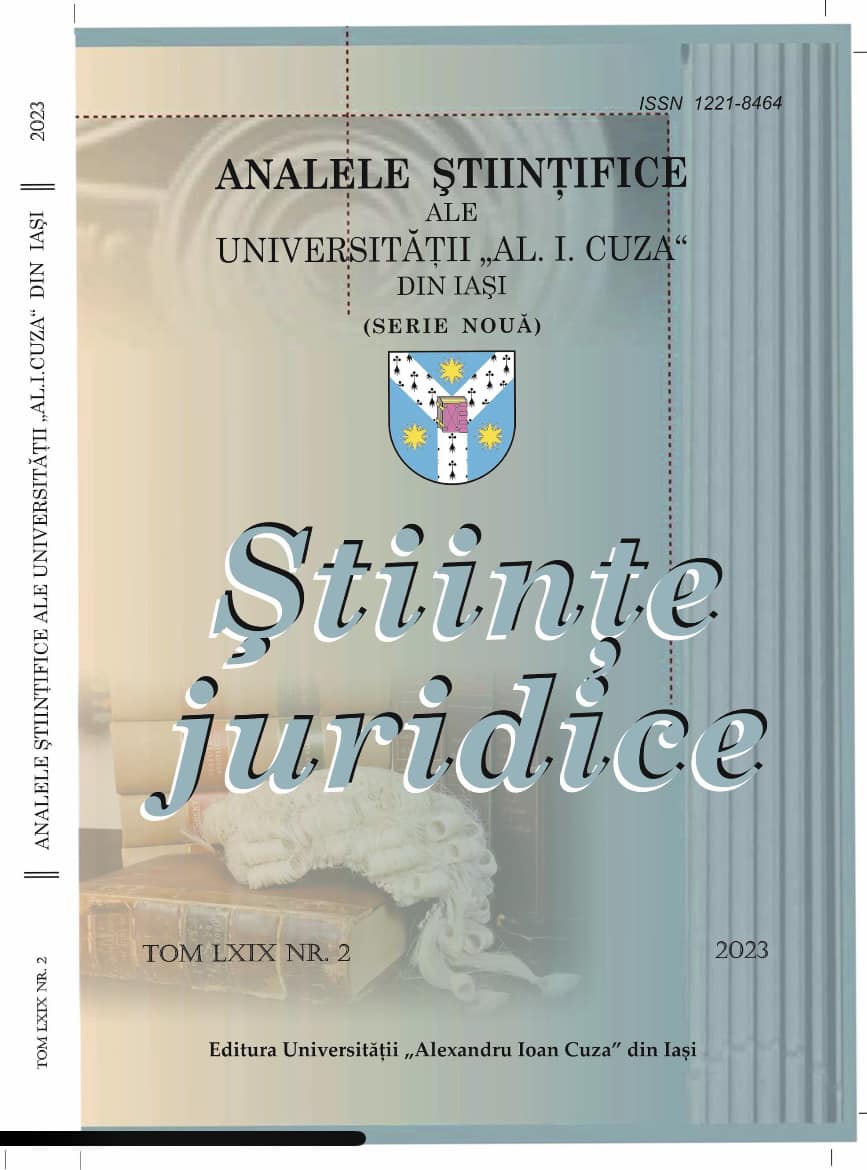
Principiul interesului superior al copilului – un panaceu al dreptului european
The concept of child's best interests, often criticized on the occasion of its broad and vague use, can open the way at the time of interpretation, to many theories and ideological positions. In this regard, the professor of french origin Jean Carbonnier uphold that the best interest of the child represents ”the magic formula of the jurists” and that ”is risking to became a tautology”. At the same time, the concept invoked it contributes, in its own way, to the expansion of the European judges's discretionary power, in cases that involves minors, considering that it also fulfills a buffer function. This work emphasizes an interdisciplinary approach to the concept and offers a valuable comparison between European and national jurisprudence, which highlights the way of resolving disputes involving the concept in question. Is there a common approach of the European courts regarding compliance with the principle of the child's best interest? Does the principle constitutes a remedy aimed to protect the person of the child or to protect his interests?
More...


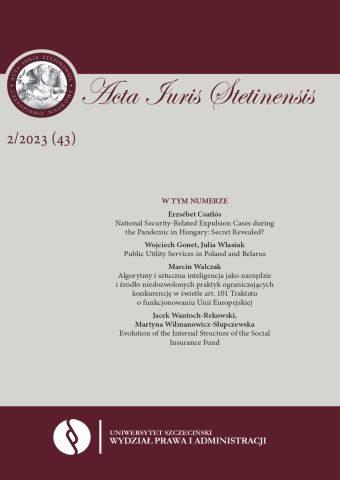
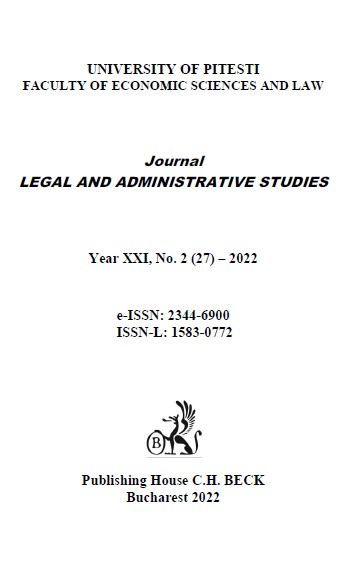
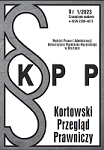
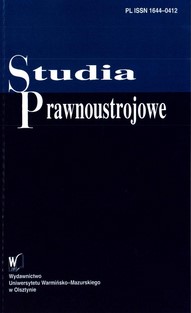
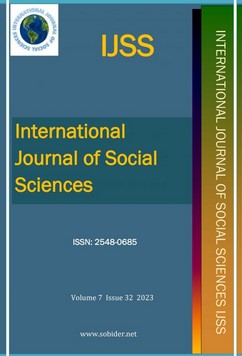
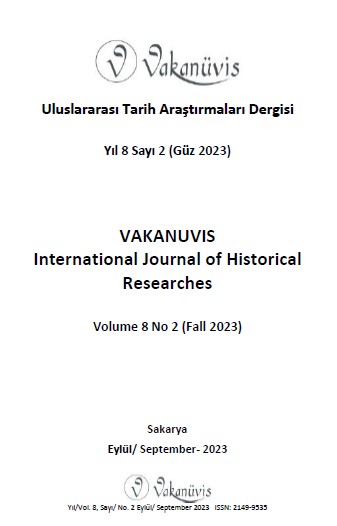

![Prometno pravo : [tematska bibliografija]](/api/image/getissuecoverimage?id=picture_2023_80127.jpg)
